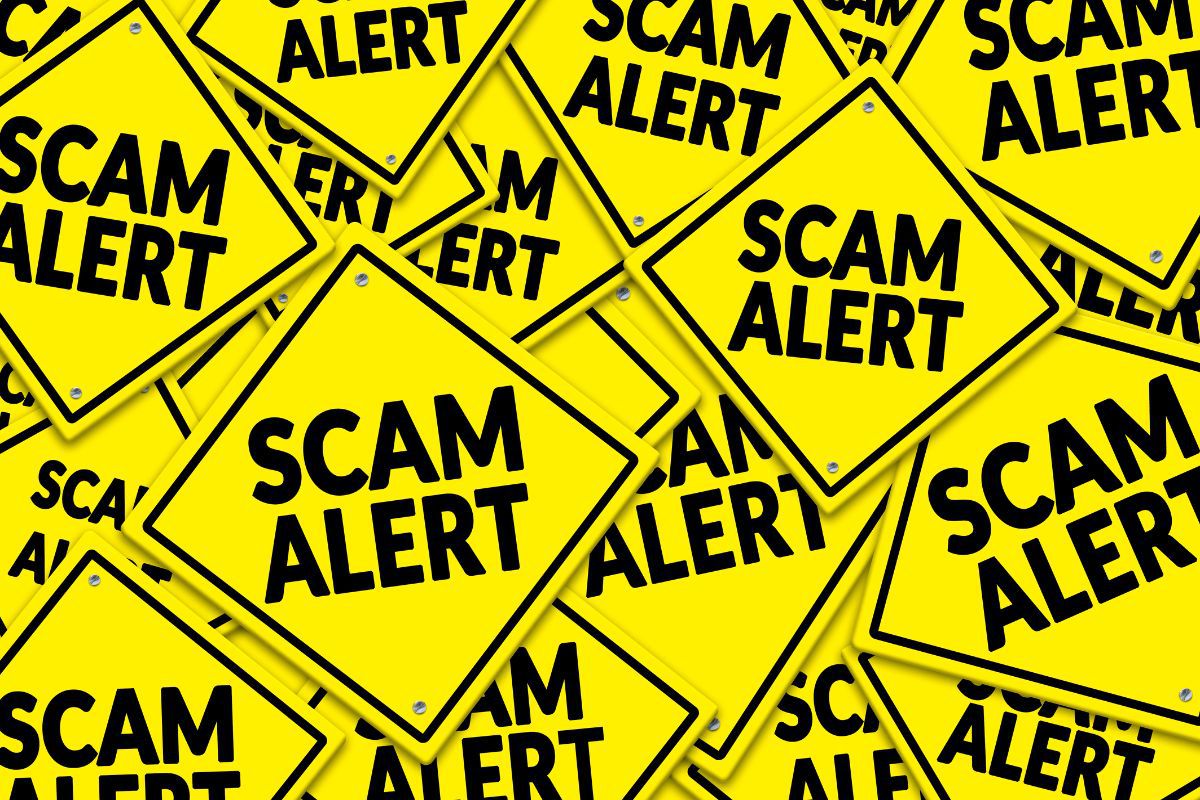Four Tips To Help Lawyers Avoid Email Scams

Millions of emails are sent from all parts of the world each day. These emails often promise riches from a Nigerian prince. Of course, these emails are scams with some being more clever and enticing than others. Even attorneys are not exempt from the many email scams that inundate the internet.
A common scam involves the following:
*An attorney being contacted by a prospective, but unknown, client seeking representation in a dispute with another party.
*The prospective client signs the engagement agreement, emails the dispute’s underlying documents, and then confirms them by telephone.
*Almost immediately, the matter settles, and the opposing party is quick to send a check as settlement. This check is made payable to the attorney for the benefit of the client.
*The attorney then notifies the client and deposits the check in his or her attorney trust account.
*The client informs the attorney that he needs the funds immediately and provides his wire information.
Of course, some unsuspecting attorneys will cut a check to the client and then later find that the settlement check from the adverse party is a counterfeit. Despite the purported adverse party often being a real company and the underlying documents looking sophisticated and genuine in appearance.
This scenario and scam offer some lessons for attorneys. Here are four tips for avoiding these types of email scams.
- Always be careful whenever you receive a check from a party with whom you are unacquainted, particularly when the check is associated with a new attorney-client relationship,
- Do not disburse funds until your bank confirms that a deposited check has cleared and the funds are credited to your account. Attorneys should be even more cautious when a check is deposited into an attorney’s trust account.
- Remember and understand that although the bank has made the funds available for withdrawal the check may not have cleared. This means that you remain responsible for the funds.
- Establish internal procedures and controls within your office on the timing of checks and wires from any bank accounts, including and especially the attorney trust account.
A primary emphasis of the California Desert Trial Academy has been the implementation of an effective, useful, online distance learning platform. CDTA students have a wide variety of online resources available to facilitate and enhance their learning experiences at their convenience, especially now as the COVID-19 pandemic continues. The CDTA College of Law trains, educates, and develops students to be exceptional attorneys and trial advocates. Call us today at (760) 342-0900 or find out more online here.


